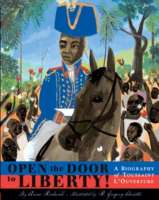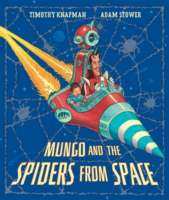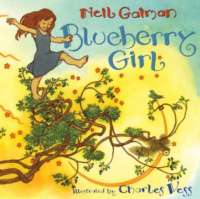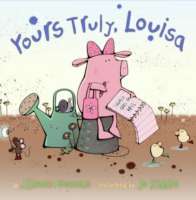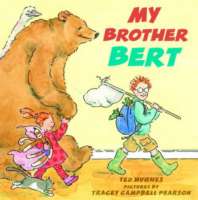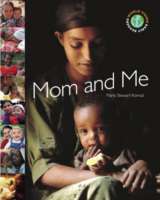
A breathtakingly illustrated tribute to the art and mythology of West Coast native culture. In this exquisitely illustrated picture book, based on the animated short film of the same name, Linda Zeman-Spaleny transports young readers to a bygone time when nothing lived in the universe, when “out of the darkness came the Great Raven, who brought the Sun to the children of the North Pacific Coast.” Legend tells of a boy, living by the sea, who befriends the ravens, sharing his food with them. But some of the ravens are greedy, and the village boys decide to teach them a lesson by sending a swift and fatal arrow. When darkness descends upon the land, the wise elder tells the villagers that only the Lord of the Sky can restore the Sun, so the boy begins an arduous journey in search of him. . . .In this riveting folktale, Linda Zeman-Spaleny pays tribute to her emigration from Eastern Europe and her arrival in British Columbia, where she saw beautiful totem poles for the first time. Award-winning artist Ludmila Zeman’s lush, vibrant artwork complements this timeless tale with modern themes and the message that we need to care for our world in order to preserve it.
